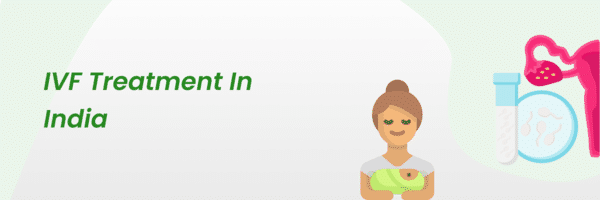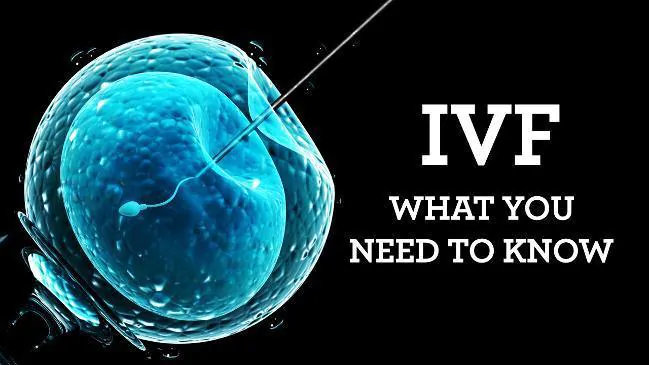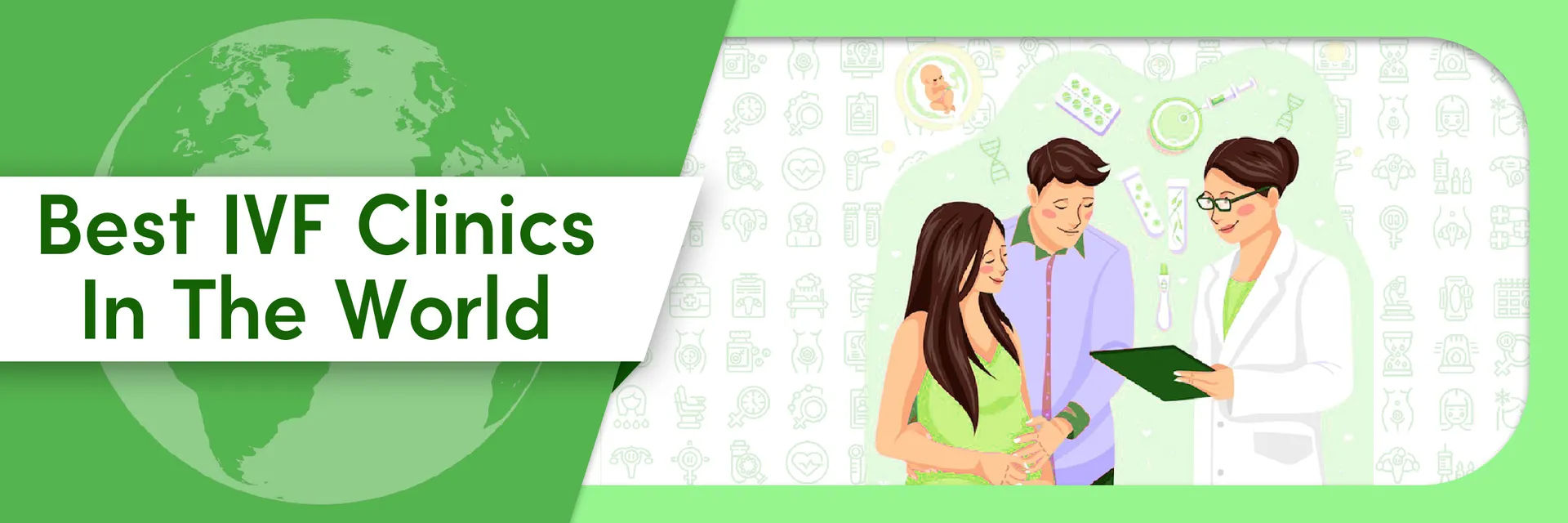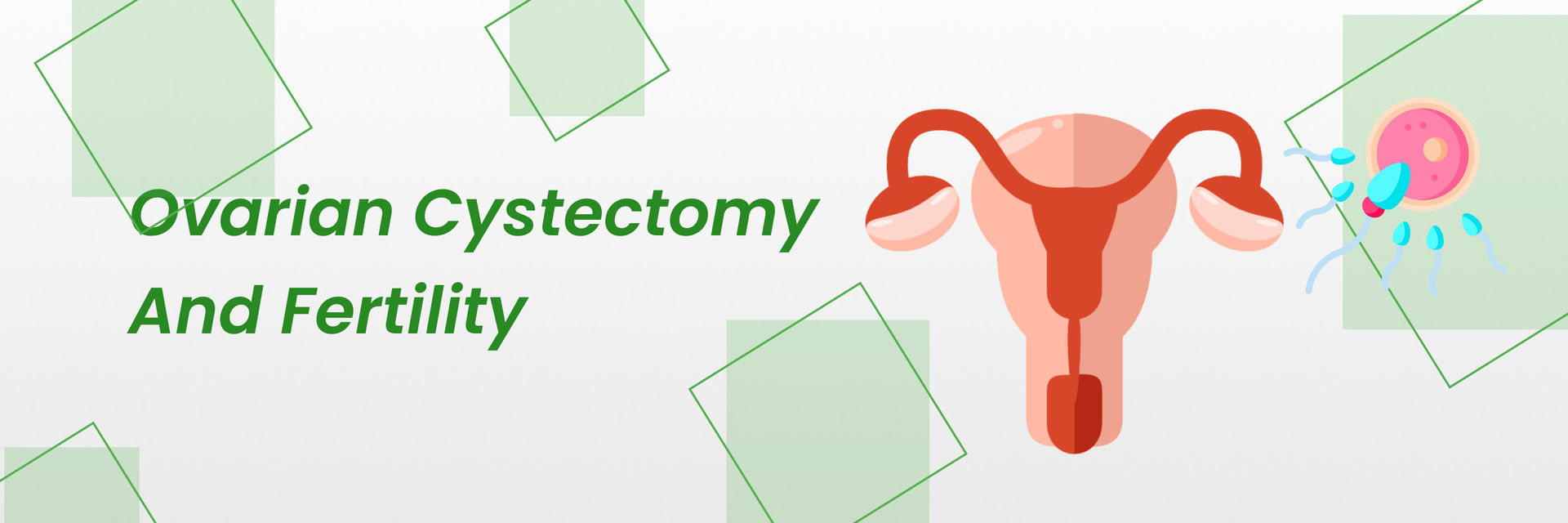The 7 days post IUI are critical. They are a key time in the conception process. Couples eagerly look for signs of successful implantation. It is the halfway point in the typical two-week wait before pregnancy can be confirmed. This time can be filled with hope, anxiety, and curiosity about what to expect. This guide covers the common experiences and symptoms of this stage. It explains what they might mean and how to increase your chances for a positive outcome.
Understanding 7 Days Post IUI
A week after IUI, your body might show early pregnancy signs. Or, it might react to the hormonal changes from the procedure. It's important to understand that each individual's response can vary significantly. At this stage, the fertilized egg could be moving to implant in the uterus. This process is key for a successful pregnancy.
If you are also planning to have an IUI but are unsure about the process, then connect with the top fertility specialists in India and make an informed decision..
What Are the Common Symptoms after 7 Days of IUI?
- Light Spotting: It is a common symptom. It can be a sign of implantation as the embryo attaches to the uterine lining. But, it is also a common premenstrual symptom.
- Mild Cramping: It is like menstrual cramps. It happens as the uterus reacts to potential implantation. But differ it from regular pre-period cramps can be hard.
- Increased Discharge: The IUI procedure can cause increased vaginal discharge. It comes from hormonal changes.
- Effects of Hormonal Medications: The medications, like human chorionic gonadotropin (hCG), are used during the IUI process. This makes it hard to detect early pregnancy from the start of a period.
Concerned about how your body handles the first week after IUI? Don’t worry we’ve got you! Keep reading further to know more.
What to Expect 7 Days After IUI?
Implantation after IUI can occur anywhere between 6 to 12 days post-procedure, with 7 days being an expected timeframe for many women. The first-week post-IUI is crucial for implantation. This is the period when the fertilized egg may attach to the uterine lining. If implantation happens, the embryo begins to produce hCG, the hormone detected by pregnancy tests.
- Varied Symptoms: You might not feel any difference, or you could experience symptoms like spotting, cramping, or increased discharge.
- Emotional Sensitivity: The wait for results can be emotionally taxing. It's normal to feel anxious or hopeful as you look out for signs of pregnancy.
- Physical Rest: Keep yourself rested. Avoid heavy lifting and strenuous exercise to help potential implantation.
- Normal Activities: You can continue with your day-to-day activities, but listen to your body and take it easy as needed.
Looking for ways to boost your chances? We’ve got some expert tips on lifestyle changes that can help increase your pregnancy chances post-IUI.
How to Increase the Chances of Pregnancy 7 Days after IUI?
- Follow a Healthy Lifestyle: Eat a balanced diet. It should be rich in fruits, vegetables, and whole grains. This diet can support your body's needs during this time. Regular, moderate exercise like walking or yoga can also be beneficial.
- Stay Hydrated: Drinking lots of water is essential for your health. It can help your body's reproductive processes.
- Avoid Negative Factors: Stay away from alcohol and smoking. Both can harm fertility and health.
- Reduce Stress: Do stress-reducing activities, like meditation, deep breathing, or listening to soothing music. They keep your mind calm and focused.
- Maintain a Positive Outlook: Keeping hope and positivity is hard during this wait. But, it's key for your emotional well-being.
Ready to take the next step in your parenthood journey? Schedule a Consultation with a fertility expert to personalize IUI treatment.
Conclusion
The 7 days after IUI are a time of uncertainty and cautious hope. Knowing what to expect can lower anxiety. It also helps create a supportive setting for successful implantation. Remember, each person's journey to conception is unique. It's essential to stay in close touch with your healthcare provider throughout.
FAQs
Is 7 days too soon for implantation bleeding?
It is possible, though early. Implantation typically occurs 6-12 days after IUI. It can happen as early as 7 days after.
Can you test positive 7 days after IUI?
You are unlikely to get a reliable positive pregnancy test 7 days after IUI. The hCG hormone levels may not be detectable yet.
Is bloating normal 7 days after IUI?
Yes, bloating is normal. It's due to the hormonal changes of the procedure and early pregnancy.
How does nutrition affect recovery 7 days post IUI?
Good nutrition aids recovery. It supports the body's prep for pregnancy by providing essential nutrients. These help hormonal balance and implantation.





